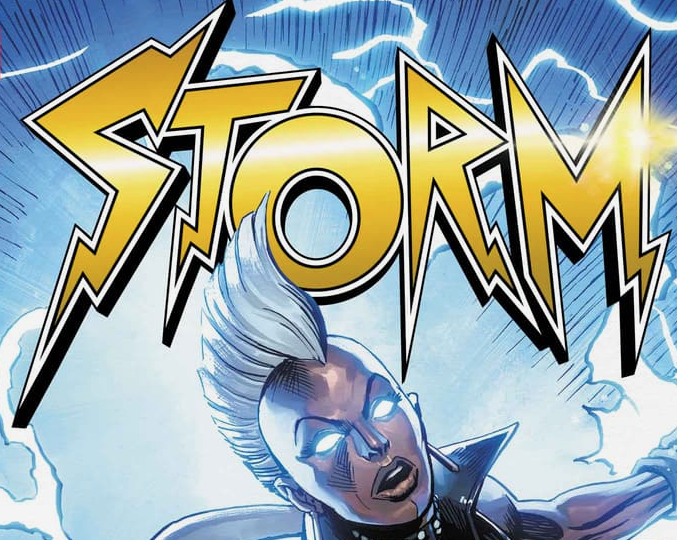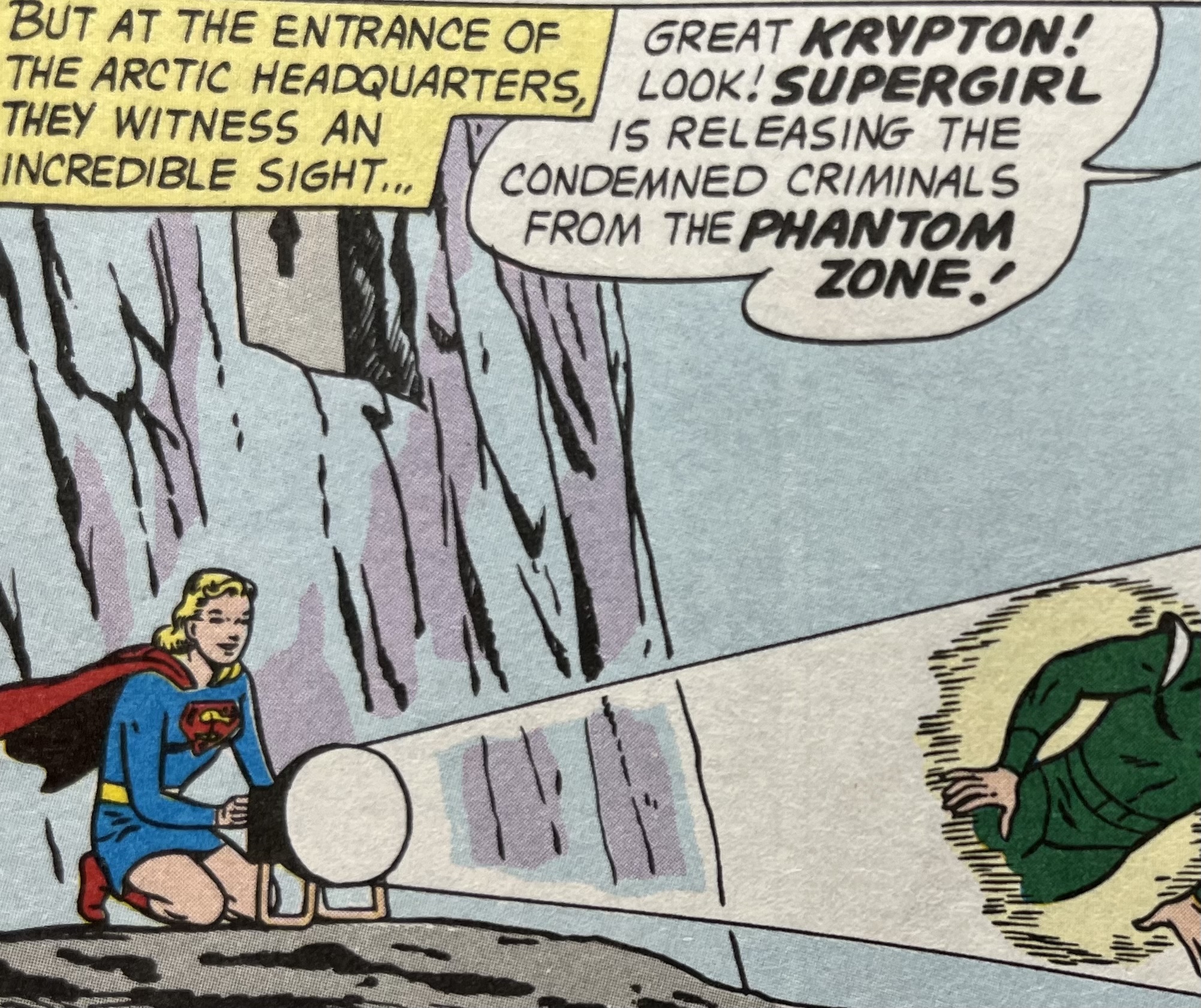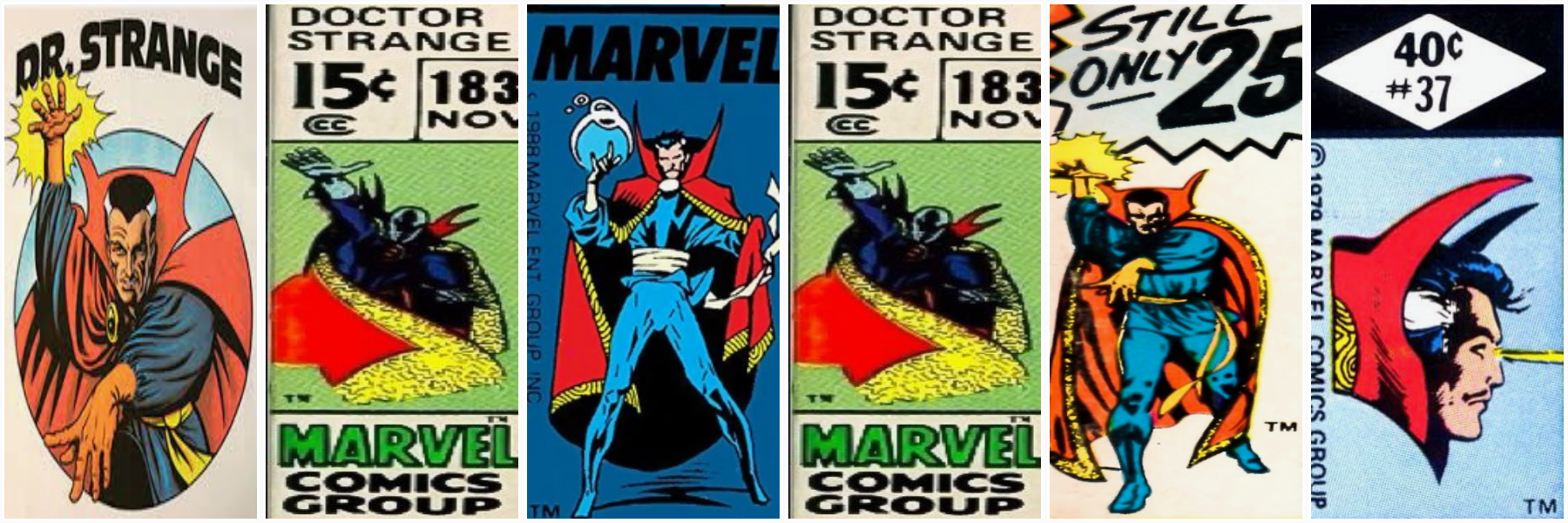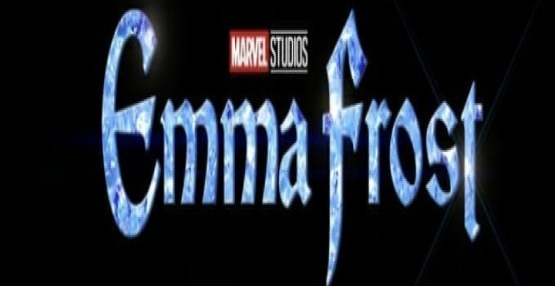
The corporate media’s reaction to the disappointing box office performance of the latest Fantastic Four film follows what some are describing as the five stages of grief: denial, anger, bargaining, depression, and acceptance. This pattern not only reflects the film’s commercial struggles but also highlights Hollywood’s difficulty in facing its own mistakes and reconnecting with audiences. The initial media response leans heavily on denial, using optimistic headlines that celebrate the film’s opening weekend despite it earning only about $216 million worldwide while costing more than $300 million to produce. This optimistic spin acts as a way to avoid the reality of underwhelming ticket sales right out of the gate.

As the film’s earnings dropped sharply by 66 percent in its second weekend, the media shifted to anger, placing some blame on the audience’s tastes and questioning why the movie failed to capture public interest. Critics pointed to the success of other superhero films, like the recent Jurassic Park reboot, as a source of frustration, emphasizing a gap between studio efforts and what moviegoers actually want.
The bargaining phase appears through media discussions that try to find a positive angle, suggesting that despite its financial struggles, Fantastic Four set up important narrative elements for the Marvel Cinematic Universe. Some argue the introduction of iconic characters like Doctor Doom and the cosmic storyline might pay off in the long run, even if the movie itself failed to stand out.

Next comes the depression stage, where media coverage grows somber. The focus turns to the sharp box office drops and the looming challenges facing Marvel as the franchise struggles to maintain its audience’s enthusiasm. Many outlets discuss the emotional and financial impact of this decline, noting that even well-known brands like Marvel can suffer setbacks.
At last is acceptance, when the media begins to admit the deeper problems. The Fantastic Four characters have historically struggled to connect with audiences, and this film’s performance is consistent with that trend. Analysts acknowledge that studios and creatives must take responsibility for marketing and storytelling choices. The notion that the audience alone is at fault gives way to a call for the industry to better understand its viewers and adapt accordingly.
Disparu recently went through the stages of grief on display in the wake of the Fantastic Four: First Steps disaster. Take a look:
One key issue revealed through this analysis is a clear mismatch between Hollywood’s views and the actual preferences of moviegoers. The marketing campaign, which emphasized themes like family and empowerment, failed to attract its intended core demographic. Data showed only 17 percent of viewers were families, compared to 31 percent for comparable superhero films such as Superman. Additionally, the audience skewed heavily male, with nearly 70 percent of ticket buyers being men, showing a disconnect in targeting a broader group.
The media’s role in shaping the perception of Fantastic Four’s results also shows a tendency to spin stories in ways that do not match the facts. Headlines at times overstated the movie’s success, describing it as a box office winner despite the steep declines in revenue. This demonstrates a reluctance to fully admit the scale of the problems.

Ultimately, the corporate media’s progression through these stages in response to Fantastic Four’s box office performance points to larger issues in the entertainment industry. It calls for a serious reconsideration of how Hollywood listens to and serves its audience. Without a more honest assessment of what viewers want and clearer strategies to deliver it, studios risk repeating the same mistakes and continuing to lose ground. This film’s journey is a reminder that big budgets and well-known characters alone cannot guarantee success at the box office.
***

















!["Superman" (2025) Brings Heart, High Stakes, and Surprising Twists [SPOILER-FILLED REVIEW]](https://www.supermansupersite.com/Superman_2025_Retro_Poster.jpg)

 English (US) ·
English (US) ·